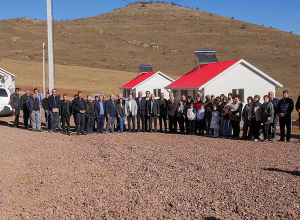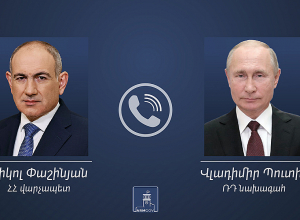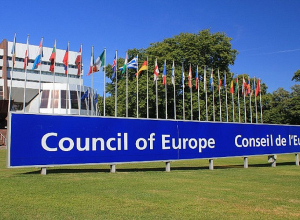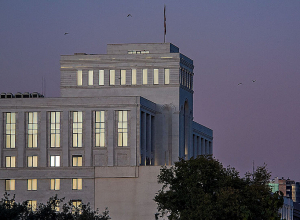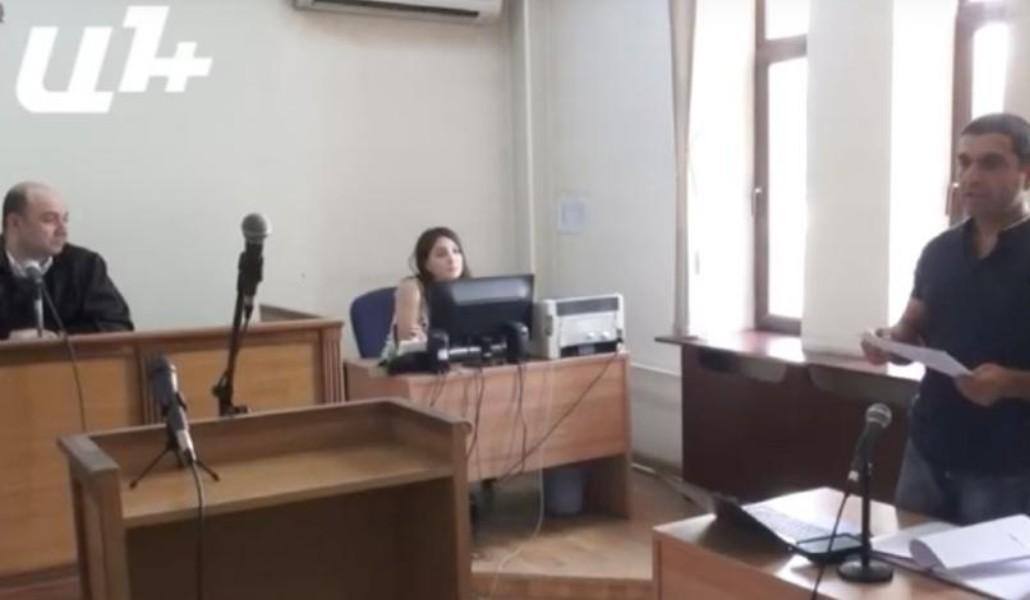
Concern about judicial harassment of Armenia’s media
Support A1+!Reporters Without Borders (RSF) is alarmed by an increase in the harassment of journalists in Armenia, where – despite a revolution in May 2018 – they are being subjected to defamation suits and attacks on their right to protect their sources.
The latest targets include Sona Harutyunyan, a journalist working for the news website 1in.am, who was sued by the pro-opposition news website News.am for suggesting in a Facebook post that News.am was owned by former President Robert Kocharyan.
An appeal court ruled that she should have “quoted her source” and “verified the facts” although she was just expressing an opinion on an informal platform. As a result, Harutyunyan had to post a retraction on Facebook on 31 January.
Many newspapers have reported the same rumour, which has never been denied, but so far the only newspaper to be sued has been Haykakan Zhamanak, which is owned by the Prime minister’s family.
The victims of harassment also include Qnar Manukyan, the editor of the daily Zhoghovurd, who is the target of criminal proceedings for refusing to reveal her sources. Her newspaper and the news site ArmLur.am say they were the targets of four attempts by prosecutors and the intelligences services to obtain sensitive information in 2019 alone.
More and more journalists are being summoned for questioning about stories they have covered although article 5 of Armenia’s mass media law supposedly guarantees the confidentiality of their sources.
“We are disturbed by the tendency for Armenian media to be sued or prosecuted,” said Jeanne Cavelier, the head of RSF’s Eastern Europe and Central Asia desk. “The judicial system is being manipulated for partisan purposes to bring abusive legal proceedings designed to gag and obstruct media by forcing them dedicate a lot of resources to defending themselves. To avoid criminalizing journalism, we urge the authorities to promote the use of existing non-judicial solutions to settle disputes.”
What with 11 simultaneous libel suits against the daily newspaper Hraparak, six suits against the daily newspapers Haykakan Zhamanak and Aravot and eight lawsuits against various media outlets by a single parliamentarian, Hayk Sargsyan, on the same day in October 2019 – the violence journalists suffered during the 2018 revolution’s protests has been replaced by an extraordinary wave of judicial harassment linked to increasing political polarization.
The number of lawsuits alleging defamation or insult under 1087.1 of the civil code has tripled in the past four years. Armenia’s justice department reported 74 cases in 2019 against 24 in 2016. The lawsuits against journalists and media outlets are usually brought by politicians or businessmen, or sometimes by other media. Damages can be as much as 2 million drams (4,000 euros).
But there are alternatives to legal proceedings. Organizations such as the Media Ethics Observatory (created in 2007 at the Yerevan Press Club’s initiative) and the Information Disputes Council can act as mediators.
After the revolution, Armenia’s ranking in RSF's World Press Freedom Index rose from 80th out of 180 countries in 2018 to 61st in 2019 but the judicial harassment of journalists could undermine its position in the 2020 Index.
